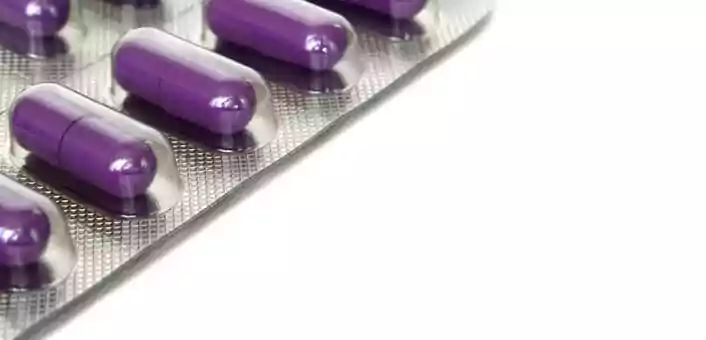PCOS test is based on the Rotterdam criteria for diagnosing PCOS.

Acid Reflux
Millions of people across the globe suffer from occasional or chronic heartburn or gastroesophageal reflux disease (GERD.) The most commonly used treatments are over-the-counter and prescription medications aimed at reducing the amount of stomach acid. However, it turns out that regular use of these medications, particularly proton pump inhibitors (PPIs), may be anything but harmless. New research is emerging that suggests a possible link between proton pump inhibitors and damage to kidneys.
A recent study published in Kidney International found a significant link between PPI use and kidney damage. The researchers found that use of proton pump inhibitors increased the risks of chronic kidney disease (CKD), CKD progression, and end-stage renal failure. According to the study, more than half of those who went on to experience kidney damage had no prior history of acute kidney injury before taking the drugs.
Symptoms of kidney damage may include any or all the following:
Kidney damage is often not reversible. However, the study authors noted that patients taking PPIs tended to have other conditions in addition to GERD that suggested poor overall health.
The worldwide market for antacids, including PPIs, is greater than $10 million per year. Even though these medications are widely used and were approved by the U.S. Food and Drug Administration, many people assume this means 100 percent safety. The truth is that even medicines available without a prescription and approved by the FDA still have side effects—many of which can be significant and serious.
Proton pump inhibitors have many side effects, including headaches, nausea, vomiting, constipation, diarrhea, flatulence, abdominal pain, fever, and rashes. Some other controversial studies have suggested a possible correlation between long-term use of PPIs and Clostridium difficile infections, spontaneous bacterial peritonitis in patients with irritable bowel syndrome, and microscopic colitis.
Acid reflux, or gastroesophageal reflux disease (GERD), is a problem affecting millions of people worldwide. Although medications like proton pump inhibitors can seem like an easy solution, they are only a temporary bandage over the problem. Taking PPIs can make the symptoms of GERD go away in the short term, but do little to address the underlying problems.
Contrary to popular belief, stomach acid is not a bad thing. It helps us to properly digest food and to absorb all the nutrients from what we eat. It makes sure the bile in our digestive tracts is the right consistency to prevent issues with gallstones or other problems with the gallbladder.
Eating nutritious foods and avoiding fatty or greasy foods can reduce symptoms of indigestion. When you frequently experience acid reflux symptoms, it’s a sign to pay more attention to maintaining a healthy, balanced diet. You’ll likely find that your symptoms become less of a bother.